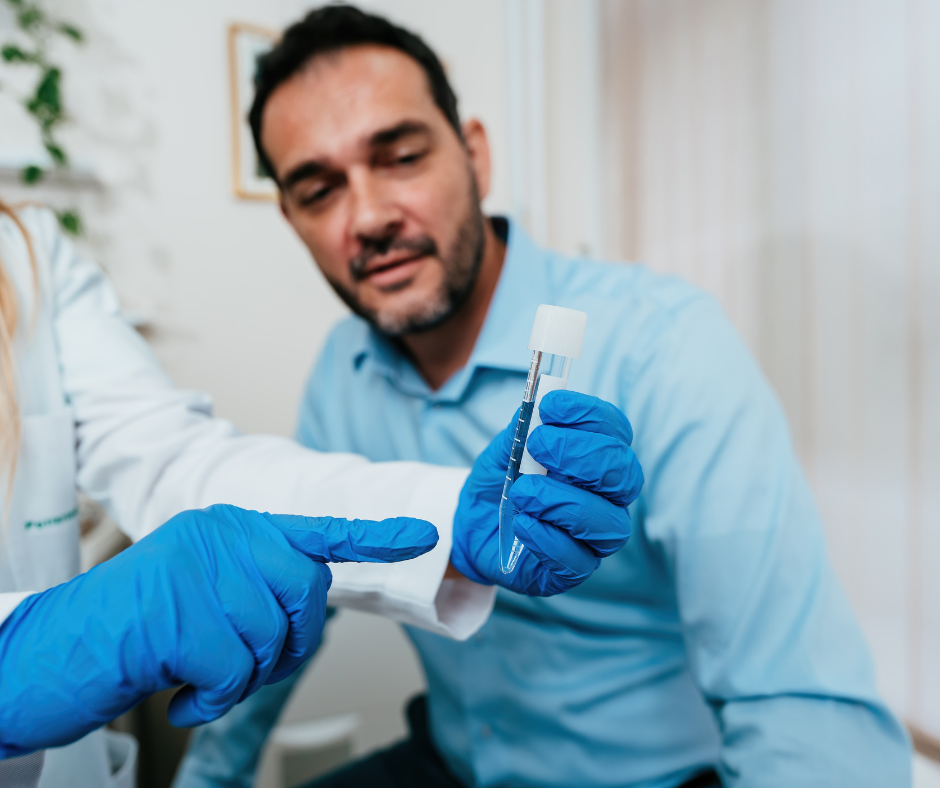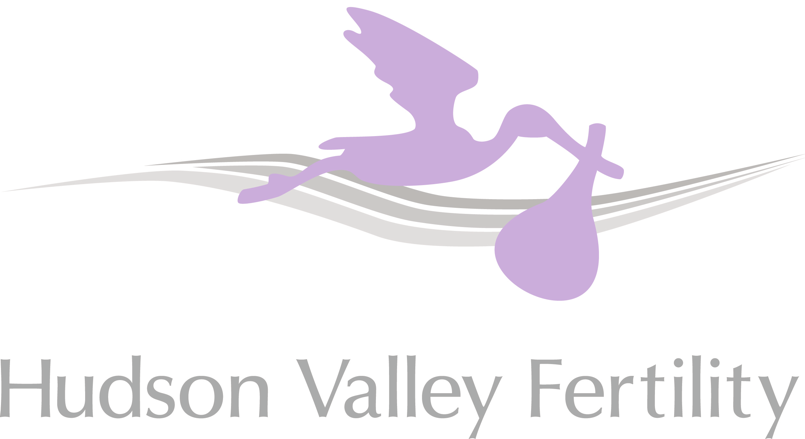Couples encountering fertility challenges often inquire about the potential benefits of traditional practices, such as acupuncture, in assisting conception. While modern fertility treatments currently dominate the medical landscape, acupuncture has garnered significant interest from both patients and healthcare providers.
Our medical research team has conducted a thorough analysis of numerous clinical studies examining the efficacy of acupuncture in fertility treatments. Recent findings indicate that combining acupuncture with conventional fertility therapies may lead to enhanced pregnancy rates. This form of traditional Chinese medicine is designed to stimulate specific acupressure points, potentially influencing reproductive health and hormone regulation.
This comprehensive article explores the success rates of acupuncture in relation to other fertility interventions. It aims to provide insights into the scientific evidence regarding its effectiveness and outlines practical steps for incorporating this alternative therapy into your fertility journey.
Getting Started with Fertility Acupuncture
At your initial fertility acupuncture appointment, you can expect a comprehensive approach aimed at developing an effective treatment plan tailored to your needs. Our experience with numerous couples navigating this journey has shown that understanding the process significantly eases the experience.
**Initial Consultation Process**
The first appointment typically lasts around 90 minutes. This duration allows us to conduct a thorough evaluation of your health history and fertility concerns. During this evaluation, we will review:
- Your medical background and fertility challenges
- Current medications and treatments
- Lifestyle factors influencing fertility
- Stress levels and emotional well-being
- Physical symptoms through pulse and tongue diagnosis
Creating Your Treatment Timeline
The best time to start acupuncture is at least three months before trying to conceive2. This timeline gives you optimal preparation time since both eggs and sperm need about 90 days to develop2.
A typical treatment schedule has:
- Initial Phase (Months 1-3)
- Weekly or bi-weekly sessions28
- Hormone regulation focus
- Blood flow improvement to reproductive organs
- Active Treatment Phase
- More frequent sessions during fertility treatments
- Individual-specific timing based on your protocol
Setting Realistic Expectations
On top of that, it's important to know that acupuncture results come gradually and need commitment and consistency29. Our patients typically see positive changes within 1-4 menstrual cycles27.
IVF patients should follow the female acupuncture protocol for at least 12 weeks before starting treatment2. This approach boosts the chances of healthy egg development and successful implantation.
So, your treatment success depends on multiple factors. We'll create an individual-specific plan that fits your situation and goals. We keep open communication throughout your experience and adjust your treatment when needed28.
Note that acupuncture works as a complementary therapy to conventional fertility treatments4. Some fertility issues might not respond to acupuncture alone5. However, many patients find it helpful to regulate their menstrual cycle, improve blood flow to reproductive organs, and manage treatment-related stress4.
Optimizing Your Acupuncture Treatment Plan
A well-laid-out treatment plan is vital to achieve success with fertility acupuncture. Our experience proves that proper timing and consistency lead to better outcomes.
Frequency and Timing of Sessions
Your specific situation determines the recommended treatment frequency. Most patients see benefits from 1-3 sessions per week6. Research shows that a full course of fertility acupuncture treatment needs at least 12-24 sessions7.
IVF support treatments follow distinct phases:
- Pre-stimulation: A minimum of 12 treatments helps maximize egg quality
- During stimulation: 1-2 treatments weekly
- Post-transfer: Treatments happen on days 3-5 and 8-10 after transfer7
Combining with Lifestyle Changes
Our all-encompassing approach combines acupuncture with lifestyle modifications. Research proves that acupuncture delivers better results especially when you have:
Tracking Progress and Results
We monitor your progress throughout the treatment process. Studies demonstrate that acupuncture helps:
- Balance hormones like estrogen and progesterone8
- Increase blood flow to the uterus10
- Improve ovarian and follicular functions10
These indicators guide us along with your menstrual cycle changes. Research reveals substantially increased pregnancy rates in women who had three acupuncture sessions - one week before embryo transfer, 30 minutes before, and 30 minutes after11.
The data looks promising. Regular acupuncture treatments combined with IVF achieved a 42.5% clinical pregnancy rate, compared to 26.3% in the control group12.
Lifestyle Factors That Enhance Treatment Success
Our fertility acupuncture practice has taught us that lifestyle choices make a significant difference in treatment success. Research reveals that women facing fertility challenges deal with stress levels matching those of patients with cancer, heart disease, and HIV13.
Dietary Recommendations
Nutrition forms the cornerstone of reproductive health. A balanced diet enhances both acupuncture effectiveness and overall fertility. Here's what we recommend:
You don't need extreme diets. The focus should be on nutrient-dense foods that boost reproductive health14. All the same, stay away from ice-cold beverages and foods because they can disrupt digestive function15.
Stress Management Techniques
Stress might not directly cause infertility, but research shows women with a history of depression face twice the likelihood of fertility challenges13. These evidence-based stress reduction methods work well:
- Mind-body programs (showing 55% pregnancy success rate versus 20% in control groups)13
- Regular meditation and deep breathing exercises
- Weekly relaxation sessions
- Professional counseling when needed
Sleep and Exercise Considerations
Good sleep patterns play a vital role in hormonal balance. Sleep disruption can interfere with luteinizing hormone (LH), which drives ovulation16.
We suggest:
- Moderate exercise of 1-5 hours weekly14
- Regular sleep schedule
- Avoiding high-impact workouts during treatment
- Gentle movement like walking or swimming
Exercise benefits go beyond physical health. Studies show just one hour of vigorous exercise weekly can boost conception chances14. But we advise against overdoing it, as too much exercise might lower BMI and affect fertility14.
Building Your Fertility Support Team
A strong fertility support team can optimize your treatment outcomes. Research shows that about 63.5% of women with fertility issues use complementary therapies along with standard treatments17.
Working with Multiple Healthcare Providers
The right selection of qualified practitioners creates a coordinated care approach. The way healthcare providers communicate with each other can affect patient outcomes18. Your ideal team should have:
Communication Strategies
Your treatment success depends on how well you communicate with your healthcare team. These key communication practices should start right after beginning treatment:
- Schedule regular check-ins with each provider
- Keep a shared treatment calendar
- Document all questions and concerns
- Request clear explanations of treatment protocols
- Maintain open dialog about treatment adjustments
Research proves that good communication helps patients cope better and stick to their fertility treatments18. Your healthcare providers should give clear information honestly and support you emotionally throughout this experience.
Support Group Resources
Support groups are a vital part of the fertility experience. We ask our patients to look into different support options. Group counseling has proven benefits because it connects you with others going through similar situations18.
RESOLVE, the National Infertility Association, has these great resources19:
- Peer-led support groups (both virtual and in-person)
- Professional counseling services
- Educational workshops
- Online community forums
Many fertility clinics now provide wellness programs that blend medical care with emotional support20. These programs come with acupuncture, nutritional counseling, and mental health services.
Healthcare teams that work together improve the quality of care. Research shows that teamwork leads to better outcomes for patients and reduces costs21. Our experience shows that patients who work closely with their support team feel more confident and less stressed during their fertility experience.
Maintaining Results Long-Term
Our experience shows that patients need a well-laid-out long-term strategy to keep the benefits of fertility acupuncture. We've seen amazing success stories from patients who continue their wellness experience even after getting pregnant.
Post-Pregnancy Acupuncture Benefits
Acupuncture provides great benefits during the postpartum period. Our research indicates that treatments help regulate hormones and support physical recovery22. Women report these positive changes:
- Better sleep quality and energy levels
- Improved milk production and breastfeeding success
- Reduced postpartum anxiety and depression symptoms
- Better emotional well-being23
Preventive Health Strategies
We've created a complete approach to keeping fertility health through preventive care. Research shows that regular maintenance sessions - typically 5 times per year at the start of each season - help boost immune function and maintain reproductive wellness3.
These preventive strategies help maintain the positive effects achieved during the original fertility treatments. Studies show that acupuncture continues to support reproductive health by modulating endocrine factors and improving blood flow to reproductive organs1.
Ongoing Wellness Support
Our integrated wellness program combines acupuncture with other supportive therapies24. Patients who maintain regular treatments see these improvements:
- Better ovarian function and menstrual regularity1
- Improved endometrial receptivity
- Better stress management capabilities25
The success of long-term maintenance depends on consistency and personalization. Clinical studies show that women who receive ongoing acupuncture treatments had higher pregnancy rates26 and better reproductive outcomes1.
We recommend working with licensed practitioners who specialize in fertility care to get optimal results6. Our team provides complete support through all stages of your fertility experience, including pre-conception, pregnancy, and postpartum care22.
This approach's strength lies in its adaptability - we adjust treatments based on your changing needs and responses. Research confirms that acupuncture works particularly well for women over 37 or those going through multiple IVF cycles1.
Conclusion
Research strongly backs acupuncture as a valuable addition to standard fertility treatments. Our research and clinical experience shows remarkable results when patients stick to regular sessions and maintain healthy habits while working with a coordinated healthcare team.
The data reveals that women who add acupuncture to their IVF treatments have substantially higher pregnancy rates. Patient experiences differ, but most see positive changes within three to four menstrual cycles. This happens especially when they follow our recommended treatment protocols.
Patient success relies on several factors. Regular attendance, proper session timing, stress management, and dietary changes make a difference. Acupuncture works best as part of a complete fertility strategy that helps both physical and emotional reproductive health.
Acupuncture could improve your fertility experience. Hudson Valley Fertility welcomes your call at 845-765-0125. This ancient practice, supported by modern research, gives couples the extra support they need to start their family. Patience and dedication remain vital parts of any fertility treatment plan.
References
[1] - https://pmc.ncbi.nlm.nih.gov/articles/PMC8158119/
[2] - https://www.cnyfertility.com/acupuncture-for-fertility/
[3] - https://pmc.ncbi.nlm.nih.gov/articles/PMC7497947/
[4] - https://www.fertilityanswers.com/fertility-treatments/acupuncture-for-fertility/
[5] - https://www.upmc.com/services/womens-health/services/obgyn/obstetrics/fertility/acupuncture
[6] - https://www.reproductivefacts.org/news-and-publications/fact-sheets-and-infographics/acupuncture-and-infertility-treatment/
[7] - https://doctorhanson.com/the-ultimate-guide-to-fertility-acupuncture-every-question-you-should-ask-answered/
[8] - https://www.integrativehealingarts.com/blog/how-often-should-you-do-acupuncture-for-fertility
[9] - https://pdxacustudio.com/how-many-acupuncture-sessions-do-you-need-for-fertility/
[10] - https://www.uhhospitals.org/services/integrative-health-network/our-services/acupuncture/acupuncture-for-fertility
[11] - https://www.sciencedirect.com/science/article/pii/S1028455920300188
[12] - https://www.fertstert.org/article/s0015-0282(01)03273-3/fulltext
[13] - https://www.mayoclinichealthsystem.org/hometown-health/speaking-of-health/infertility-and-stress
[14] - https://thumoshealthcenter.com/5-lifestyle-modifications-that-boost-fertility-acupunctures-success/
[15] - https://naturalhealingacupuncture.com/nutritiion-for-fertility
[16] - https://lifegateacupuncture.com/acupuncture-and-lifestyle-how-nutrition-sleep-and-exercise-impact-fertility/
[17] - https://pmc.ncbi.nlm.nih.gov/articles/PMC7903059/
[18] - https://pmc.ncbi.nlm.nih.gov/articles/PMC8015870/
[19] - https://resolve.org/
[20] - https://www.illumefertility.com/resources/fertility-support-groups
[21] - https://www.fertstert.org/article/S0015-0282(21)02077-X/fulltext
[22] - https://www.illumefertility.com/fertility-care/integrated-fertility-and-wellness
[23] - https://pmc.ncbi.nlm.nih.gov/articles/PMC9983845/
[24] - https://nyulangone.org/locations/fertility-center/fertility-wellness-program
[25] - https://www.aspirefertility.com/blog/emotional-mental-wellness-tips-for-your-fertility-journey
[26] - https://pmc.ncbi.nlm.nih.gov/articles/PMC8865966/
[27] - https://www.carewellnesscenter.com/acupuncture-for-infertility-in-margate-florida/
[28] - https://astutecounseling.com/acupuncture-for-fertility-and-its-benefits/
[29] - https://oasishealingforyou.com/blog/what-expect-fertility-acupuncture/











